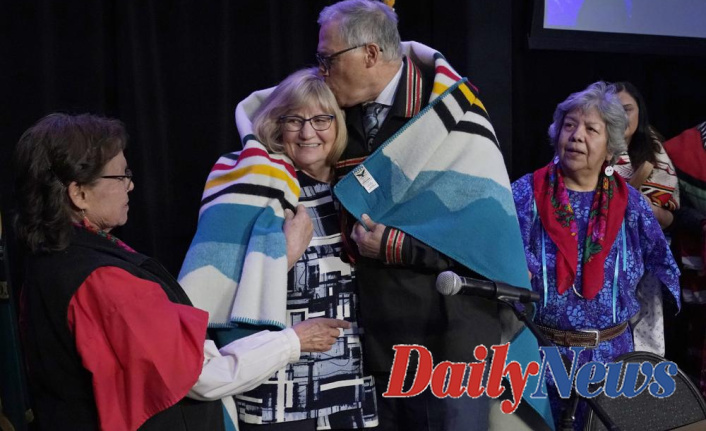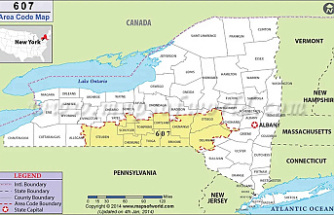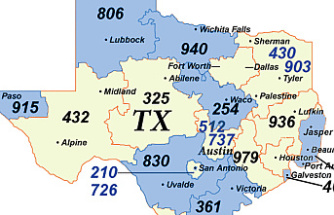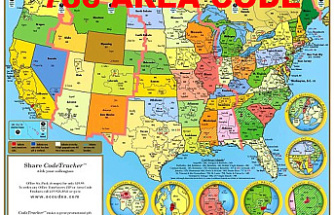This is to address , a silent crisis that has plagued Indian Country throughout this state and across the country.
This law creates a system similar in concept to Amber Alerts or so-called Silver Alerts. These alerts are used for missing children and vulnerable adults in many US states. Debra Lekanoff (Democratic Representative from Native America) was the leader of the effort. Other Indigenous leaders supported the legislation.
Lekanoff, who is a Tlingit tribal member and chief sponsor of the bill, said that he was proud to declare that the Missing and Murdered Indigenous Women's and People's Alert System were created by the voices of Native American leaders. It's not a problem for Indians, and it's not an Indian responsibility. It's happening every day, and it's going on far too long.
Many tribal leaders, including women, wore traditional cedar hats as they gathered around Inslee to sign the Tulalip Reservation's contract. They gifted him with a handmade ribbon shirt and a variety of woven blankets in multicolor.
The law aims to address the crisis of missing Indigenous peoples -- especially women -- in Washington, and throughout the United States. Although it covers missing children, men and women, a summary from public testimony about the legislation shows that it was originally a problem facing women.
The new alert system will not only notify law enforcement when there is a report about a missing Indigenous person but it will also place messages on highway readers boards and on radio and social media and provide information for the news media.
The legislation was paired up with another bill Inslee (a Democrat), which requires county coroners and medical examiners take steps to notify and identify family members of Indigenous people who have been murdered and return their remains. The new law also provides two grants for victims of human trafficking.
This is a critical part of the crisis because many times, murders of Indigenous women are incorrectly recorded by coroners as Hispanic or white. Their remains are never repatriated or identified.
The 2021 report of the nonpartisan Government Accountability Office revealed that the true number missing and murdered Indigenous women in America is not known due to reporting issues, distrust of law enforcement, and conflict of jurisdictions. According to the 2021 summary of existing research from the National Congress of American Indians, Native American women are subject to murder rates that are almost three times higher than white women. In some locations, they may even face a 10 percent increase in the rate of violence. More than 80% of victims have been subject to violence.
According to the Urban Indian Health Institute, Seattle, Washington, there are more missing Indigenous women than white women. However, many of these cases receive very little or no media attention.
Harriette Shelton Didver, a beloved cultural leader and storyteller, opened the bill signing with a traditional welcome song. Dover shared songs and traditions from Washington's northern Pacific Coast tribes and collaborated with linguists to save her language Lushootseed from extinction. After the event, women performed an honor song.
Tulalip Tribes of Washington Chairwoman TeriGobin stated that Washington and Montana have the highest number of missing Indigenous peoples in the U.S. She said that nearly four dozen Native Americans are missing in Seattle.
She said, "Bringing them home is the most important thing, regardless of whether they've had to be trafficked, stolen, or murdered." "It's an open wound, and we pray for each person so that they can come home.
For decades, investigations into missing Indigenous persons, especially women, have been plagued with many problems.
There are often jurisdictional conflicts when a person is reported missing from a reservation. These problems are exacerbated by a lack of police and staff resources and the rural nature many reservations. Many times, tribal families distrust non-Native law enforcement and don't know how to report news about a missing loved ones.
A system of alerts will be able to help alleviate some of these problems. It will allow for better coordination and communication between tribal and non-tribal law enforcement, and provide a means for law enforcement to flag such cases for the other agencies. The law extends the definition of "missing in danger person" to include Indigenous persons, children, and vulnerable adults with cognitive or memory impairments.
Although the law will be in effect on June 9, some details remain to be worked out. It is unclear, for example, what criteria law enforcement will use in order to identify missing persons as Native Americans and how information will be distributed in rural areas. This includes some reservations where highways don't have electronic reader boards or none at all.
This is the latest Washington action to address the problem. The Washington State Missing and Murdered Native Women and People Task Force has been working to coordinate a state response and held its first meeting in December. The first report will be available in August.
Arizona, Oregon, and Wisconsin are just a few of the states that have taken action recently to address the issue of missing and murdered Indigenous women. Funding for improved resources for tribal police and the creation of new databases that specifically target missing tribe members are some of the initiatives. The Hopi and Las Vegas Paiute are two tribal police agencies that use Amber Alerts to locate missing Indigenous children.
The Yurok Tribe of California and the Sovereign Bodies Institute (an Indigenous-run advocacy and research group) discovered 18 cases in California of Native American women missing or slain in the last year. This is a significant undercount. A total of 62% of these cases are not included in the federal or state databases for missing persons.
Other states are already paying attention to the law, and their attorney generals have called to inquire about similar legislation. According to Bob Ferguson, state Attorney General, who called it "truly innovative",
He said, "Whenever you do something for the first-time in this country it's an extra heavy lifting." "This will most certainly not be the last reform we do to ensure that everyone comes home. .. There is still so much work to do and must be done.












